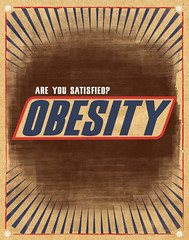“Too much information will make your brain choke.” — Bryan Davis

When it comes to privacy, I don’t think there’s any reasonable way to put the toothpaste back in the tube. I think what’s going to happen is that modern culture will adapt to an ever diminishing expectation of privacy. To older people that probably sounds really terrifying. Younger people don’t seem to be as bothered, especially considering what they’ll post on Facebook.
And it’s not just the Internet that will erode the walls that separate us from one another. One of the things that’s coming up is a technology called augmented reality, in which what you see in the real world has an added layer of computer generated information overlaid on top of it. So imagine you’re walking around on vacation and want to get a bite to eat. You don’t know any of these places. But with AR, you might have a small screen or even glasses to wear that overlay additional information about what you see. When you look at a restaurant it may also display how well it’s been reviewed, or whether it’s been cited by the health department, or if it has low sodium options.
This relates to privacy in that as facial recognition software becomes more mature, it will become possible to use AR to learn things about people just by looking at them. Imagine something like this connected to a database of registered sex offenders, for example.
What will be even more game changing will be on the fly lie detection. As scanning technology used in MRIs becomes cheaper and miniaturized, someday it will fit into these sorts of AR systems. Another way to do this that might be technologically easier to engineer would be if the sorts of microexpressions that show deception can be analyzed by the facial recognition software. Either way, imagine having a conversation with someone and having your AR system display a big stop sign every time the person shows signs of deception.
So at what point will information technology become “too much information” technology? Love it or hate it, you’re likely going to find out!




